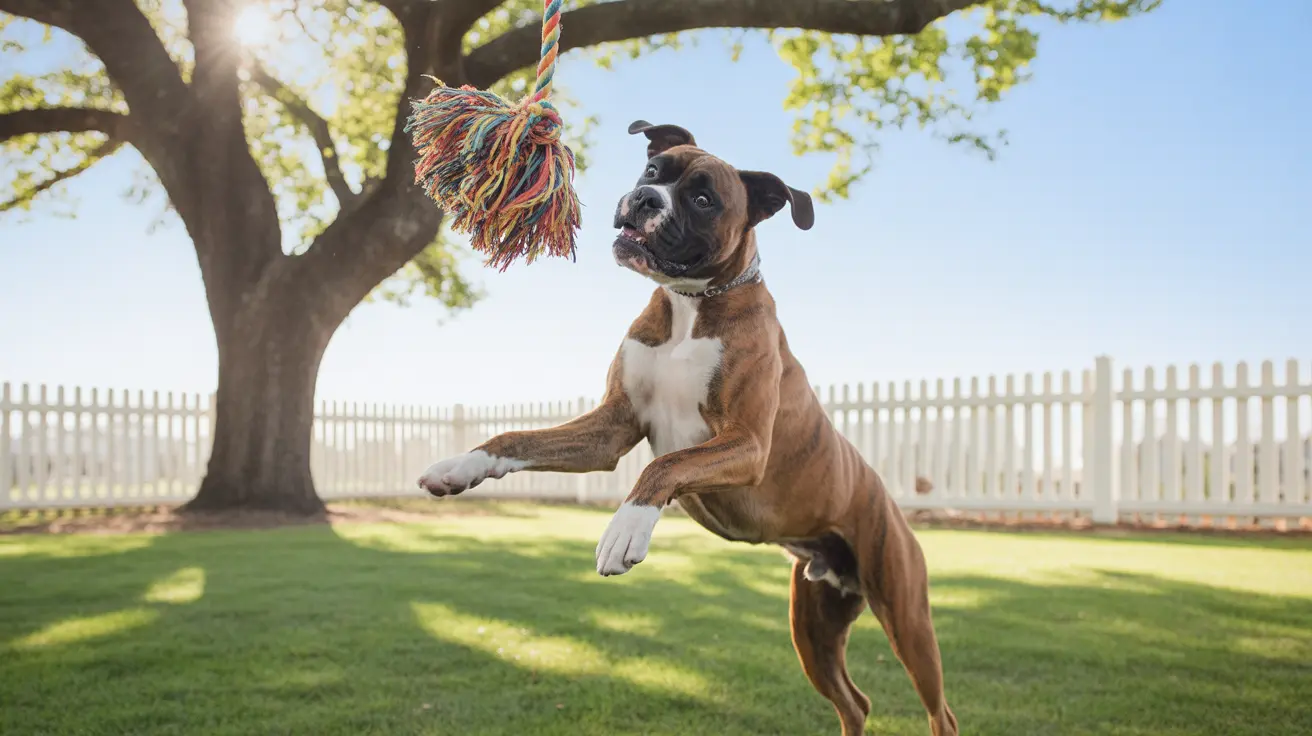Traditional Terminology and Professional Usage
In veterinary medicine, breeding, and professional dog shows, the technical term for a female dog is "bitch." This term, while carrying different connotations in everyday speech, remains the standard terminology in professional settings. Veterinarians, breeders, and kennel clubs use this term in their official documentation and communications without any negative implications.
However, it's important to note that this technical usage is typically reserved for specific professional contexts, such as:
- Breeding programs and documentation
- Veterinary medical records
- Dog show competitions and registrations
- Professional breeding associations
Modern Language Preferences
In everyday conversation and casual settings, most English speakers prefer using alternative terms to describe female dogs. Common alternatives include:
- "Female dog"
- "Girl dog"
- "She" or "her" when referring to a specific dog
- The dog's given name
Cultural Impact on Terminology
The evolution of language surrounding female dogs reflects broader cultural shifts in English-speaking societies. The movement away from traditional terminology in casual settings demonstrates increasing awareness of language sensitivity and changing social norms.
This shift has influenced how various groups address female dogs:
- Pet owners typically use gender-neutral or feminine terms
- Veterinary clinics often adjust their client communication while maintaining technical terminology in medical records
- Pet-focused businesses and services generally opt for more contemporary language
Professional Contexts and Breeding Terms
In breeding and veterinary contexts, specific terminology remains important for clarity and precision. Key terms include:
- Dam: A female dog who has produced puppies
- Brood female: A dog used for breeding purposes
- Spayed female: A surgically sterilized female dog
- Intact female: An unspayed female capable of reproduction
International Perspectives
Different languages handle the terminology for female dogs in various ways. Many languages maintain distinct terms for female dogs without the same cultural complications found in English. This international context provides interesting insights into how different cultures approach gender-specific animal terminology.
Frequently Asked Questions
What does the term "bitch" mean when referring to a female dog in English?
In technical and professional contexts, "bitch" is the proper term for a female dog. It's used in veterinary medicine, breeding, and dog shows as a neutral, scientific designation without any negative connotations.
Why do many people avoid using the word "bitch" when talking about female dogs?
Due to the term's negative connotations in modern English usage, many people prefer alternative phrases like "female dog" or "girl dog" in casual conversation to avoid potential offense or misunderstanding.
What are some popular and meaningful female dog names in English-speaking countries?
Popular female dog names often include Luna, Bella, Daisy, Lucy, and Molly. These names frequently reflect current cultural trends, personal meaning, or the dog's characteristics.
How is the term for a female dog different in English compared to other languages?
Unlike many other languages that have specific feminine forms for "dog," English primarily uses modifiers (like "female") with the neutral word "dog." Other languages often have dedicated terms without the same cultural sensitivities.
When is it appropriate to use the word "bitch" in professional or breeding contexts?
The term is appropriate in technical settings such as veterinary care, breeding programs, dog shows, and professional documentation. In these contexts, it's used as a precise, scientific term without social implications.






